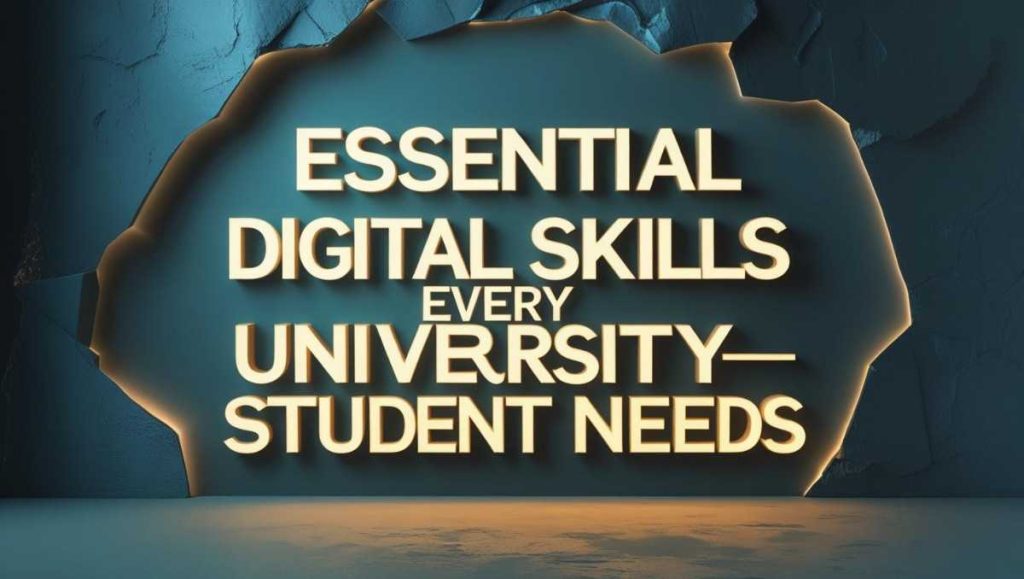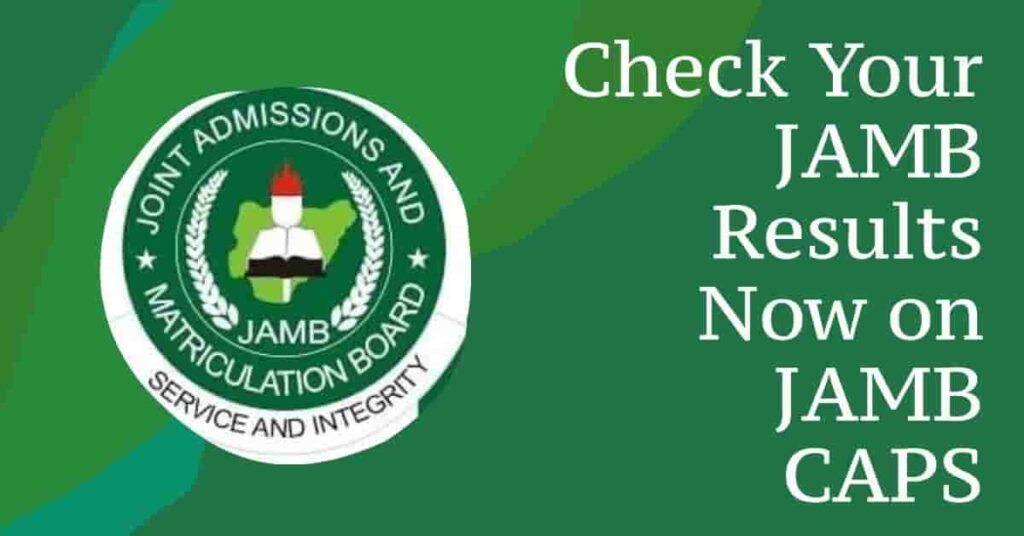
Having someone to check in with can keep you motivated. This could be a study partner, teacher, or parent. At Valdymas College, weekly test results are shared with parents, fostering a culture of accountability and proactive study habits.
Essential Digital Skills Every University-Bound Student Needs
The transition from secondary school to university represents more than just an academic leap, it’s a digital transformation that will define your success in higher education and beyond. As Nigeria’s educational landscape evolves rapidly, students entering university through programs like IJMB and JUPEB must be equipped with essential digital skills that extend far beyond basic computer literacy.
Recent research indicates that while some colleges, universities and training providers have modified or expanded their curriculum to meet the growing demand for digital know-how, many educators struggle to provide the essential skills students need. This gap makes it crucial for prospective university students to proactively develop these competencies.
The Digital Skills Revolution in Higher Education
The modern university experience is fundamentally different from what previous generations encountered. Digital literacy skills such as coding, data analysis and cybersecurity are becoming foundational, and the number of jobs requiring digital skills is predicted to increase 12 percent by 2024. For students preparing for university admission through A-Level programs, developing these skills early provides a significant competitive advantage.
1. Microsoft Office Suite Mastery
Perhaps the most fundamental digital skill set, Microsoft Office proficiency remains the cornerstone of academic success. The most in-demand digital skill across all 15 countries is Microsoft Office, followed by Microsoft Excel and SAP applications.
2. Cloud Storage and Collaboration
University life demands seamless access to files across multiple devices and collaborative work with peers. Students must become proficient in tools like onedrive/google drive, version control, access permissions, etc.
3. Email Communication and Digital Etiquette
Professional email communication is crucial for academic success Learning formal email structure and tone, Appropriate subject lines and signatures, File attachment best practices, Email organization and filtering, Calendar scheduling and meeting invitations.
4. Research and Information Literacy
In the digital age, research skills extend far beyond library visits. Students need to learn Boolean operators for precise searches, Academic database navigation, Google Scholar utilization, Fact-checking and source verification.
5. Online Learning Platform Navigation
Modern universities extensively use Learning Management Systems (LMS)
6. Basic Data Analysis and Visualization
The identification of four key dimensions’ Communication and Digital Security, Acc shows that universities are prioritizing digital competencies.
Technology Tools for Academic Success
Productivity and Time Management
- Notion or Obsidian:All-in-one workspace for notes and project management
- Todoist or Trello:Task management and deadline tracking
- Forest or RescueTime:Focus and time management apps
- Calendly:Scheduling and appointment management
Note-Taking and Organization
- OneNote or Evernote:Digital note-taking and organization
- Anki or Quizlet:Flashcard creation and spaced repetition
- MindMeister:Mind mapping for brainstorming and concept organization
- Grammarly:Writing assistance and grammar checking
Research and Writing
- Zotero:Reference management and citation
- Hemingway Editor:Writing clarity and readability
- Canva:Basic graphic design for presentations
- JSTOR or ResearchGate:Academic journal access
Building Digital Skills: A Practical Approach
Start with the Basics
Begin with Microsoft Office fundamentals. Access to Microsoft Office 365 Education is free for students with a valid school email address, making it accessible for all students to practice and master these essential tools.
Progressive Skill Development
- Foundation Phase:Master basic Office applications
- Integration Phase:Learn to combine tools for complex projects
- Advanced Phase:Explore specialized software for your field of study
- Continuous Learning:Stay updated with new features and technologies
Practical Application
Apply these skills in real academic contexts:
- Create professional presentations for class projects
- Manage group assignments using collaborative tools
- Organize research for A-Level coursework
- Develop a personal digital portfolio
The Valdymas Advantage
At Valdymas College, students benefit from a curriculum that integrates digital literacy with academic excellence. The college’s commitment to “Digital Transformations” ensures that students are not just prepared for university admission but are equipped with the technological fluency needed for academic success.
Preparing for the Digital Future
94% of business leaders expect employees to acquire new skills on the job, making continuous digital learning essential. Students who master these skills during their A-Level preparation will find themselves better positioned for:
- University coursework and research
- Collaborative academic projects
- Internship and job applications
- Future career advancement
The digital skills gap in higher education is real, but it’s also an opportunity. Students who proactively develop these competencies during their A-Level preparation will enter university with a significant advantage. The combination of strong academic foundation through programs like IJMB and JUPEB, coupled with robust digital skills, creates a powerful formula for academic and professional success.
The future belongs to digitally literate graduates who can navigate the complexities of modern education and the workplace. By investing in these essential digital skills now, students position themselves not just for university admission, but for lifelong success in an increasingly digital world.
Remember, digital literacy is not just about using technology—it’s about leveraging technology to enhance learning, productivity, and communication. Start building these skills today, and transform your academic journey from the very beginning.
References
- Asia Pacific Education Review. (2025). Enhancing students’ digital literacy skills through their technology use in a course-based research project: a Hong Kong case study. https://link.springer.com/article/10.1007/s12564-025-10038-1
- (2024). Demand for digital skills, skill gaps and graduate employability: Evidence from employers in Malaysia. https://pmc.ncbi.nlm.nih.gov/articles/PMC11387931/
- (2022, July 24). Why Digital Skills Are Important for University Students. https://www.linkedin.com/pulse/why-digital-skills-important-university-students-precious-azuonwu
- UNLV Digital Skills Bootcamps. (2022, August 9). What Are Digital Skills?https://digitalskills.unlv.edu/what-are-digital-skills/
- Microsoft Research. (2023, June 2). Microsoft Productivity Research. https://www.microsoft.com/en-us/research/academic-program/microsoft-productivity-research/
- Job Market Monitor. (2024, April 15). Digital Skills Outlook (2024) – The most in-demand across all 15 countries is Microsoft Office. https://jobmarketmonitor.com/2024/04/15/digital-skills-outlook-2024-the-most-in-demand-digital-skill-across-all-15-countries-is-microsoft-office-followed-by-microsoft-excel-and-sap-applications/
- Microsoft Research. (2024, December 20). Research at Microsoft 2024: Meeting the challenge of a changing world. https://www.microsoft.com/en-us/research/story/microsoft-research-2024-a-year-in-review/
- Microsoft Education. (2024). Free Technology & Software for Students. https://www.microsoft.com/en-us/education/students



